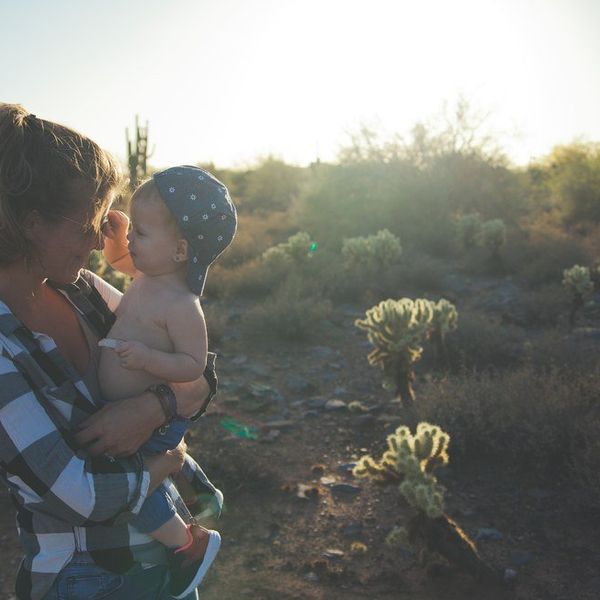I read a book called “Hands Off! The Disappearance of Touch in the Care of Children” by Richard Johnson, because I need physical touch and I believe that others do as well.
This book used an anthropological approach to assess what it calls the ‘moral panic’ surrounding no-touch policies in America. Through the collection of data and stories from a wide range of sources, it raised some really interesting points, which I have attempted to summarize for you below. The important take away here is that this is just one more perspective to consider in the debate between safety from sexual predation and compassionate caregiving.
No-touch policies are an idea that stems from the fairly recent trend of child sexual abuse cases being actually reported, prosecuted and widely publicized. These policies are fairly straightforward - teachers and caregivers to small children are not allowed to touch them in any way. Obviously this is the extreme, and while it is gaining in popularity, most schools and daycare centers have a more watered-down version that might specify touch only on the shoulder or upper arm, touch must be child-initiated, or touch must only happen in the presence of another adult. This movement to protect our children and teach them to respect the bodily autonomy of themselves and others is very important. Of course measures should be in place to protect children from people in a position of authority over them. However, no-touch policies in all their variations can cause more harm than good.
Children need touch. Touch is an important method for communicating to children that they are cared for - it can be soothing, comforting, encouraging, loving and supportive. Through no-touch policies, children are systematically deprived not only of one of their primary means of interaction as they are developing language skills, but also of social role models that show them how and when to appropriately show affection. Before reading this book, children’s need for touch was my primary objection to no-touch policies.
The stories in this book opened up my eyes to a different consequence of no-touch policies. This type of policy not only regulates the ways in which caregivers, especially men, can be with children, but also effectively shuts them out. Whether it is officially or unofficially, these policies are often applied with a double standard. Male teachers live in constant fear of being accused of sexually molesting a child and have to be vigilant not to display too much affection verbal or physical affection. Female teachers can hug children, male teachers give high-fives to avoid appearing inappropriate. It discourages schools and daycares from hiring male candidates and spreads questionable implications about their sexuality if guys want to work with kids. The fact of the matter is that as a society we simply don’t trust men with our children, and we send that message loud and clear.
If we ever want little boys to grow up to respect women, and if we ever want to challenge the gender binary, then we need to show children that it is possible for men to show affection and to appropriately touch the people around them. Kids are being systematically robbed of male role models who can show them how to appropriately interact in a physical way without forcing their sexuality on others.
Yes, child abuse happens. It is far more likely to happen at home, but sometimes it does happen in schools and children deserve protection from that. Appropriate precautions should be put in place. I don’t disagree with policies that include never being alone behind closed doors with a child and never covering up the windows of the classroom. I think screening for candidates during the hiring process is important, and I think it’s important to teach children how to talk about situations where they feeling uncomfortable. Preventing child sexual abuse is important, but so is raising emotionally healthy and socially competent members of society. At the end of the day, the vast majority of teachers - and the vast majority of male teachers - will not abuse your trust when you place children in their care.




















